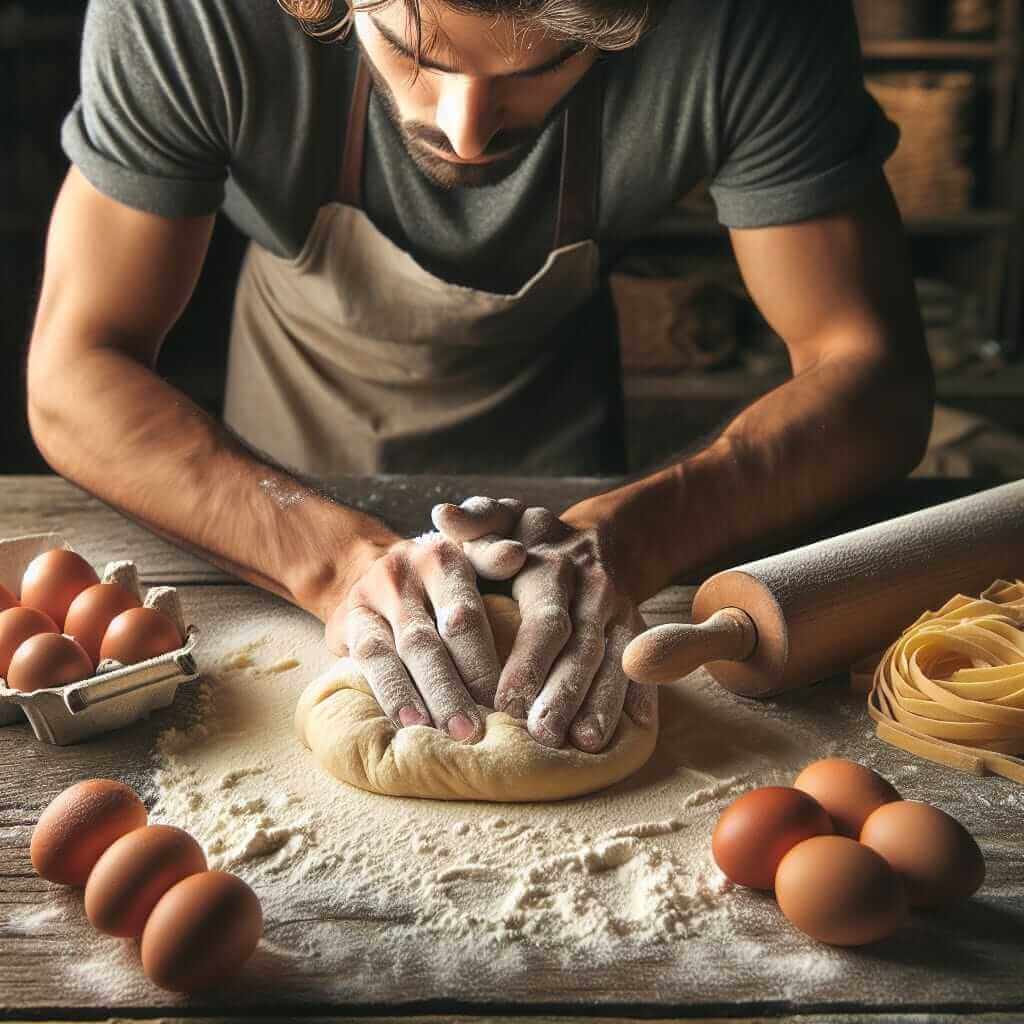As an IELTS instructor with over 20 years of experience, I’ve encountered countless speaking prompts. And you know what? “Can you cook?” pops up more often than you might think! It might seem simple, but this question is a fantastic opportunity to showcase your language skills. Let’s explore how to whip up a high-scoring response.
Why the IELTS Examiner Asks “Can You Cook?”
You might be thinking, “What does cooking have to do with English proficiency?” Here’s the thing: The examiner isn’t looking for a Michelin-star chef. They want to see:
- Vocabulary Range: Can you discuss cooking methods, ingredients, and cuisines using a variety of words?
- Fluency and Coherence: Can you answer naturally, link your ideas smoothly, and tell a captivating food-related story?
- Grammar Accuracy: Are you using correct tenses, verb forms, and sentence structures?
Sizzling Strategies for Answering “Can You Cook?”
1. Be Honest (and Engaging!)
Don’t panic if you’re not a culinary whiz! Be truthful, but make it interesting.
- If you’re a great cook: Share your passion! Talk about your signature dish, a memorable cooking experience, or a family recipe you cherish.
- If you’re a beginner: Highlight what you can do, even if it’s just boiling an egg! Mention your favorite dishes to eat, your eagerness to learn, or a recent attempt at a new recipe.
2. Spice Up Your Language
Here’s where you can really impress the examiner. Use a range of vocabulary related to:
- Cooking Techniques: “I love to sauté vegetables,” “My grandmother taught me how to bake bread,” “I find grilling to be quite relaxing.”
- Flavors and Textures: “I prefer savory dishes,” “This soup has a wonderfully creamy texture,” “I like my food to be spicy.”
- Cuisines: “I’m a big fan of Italian food,” “I recently tried Ethiopian cuisine – it was delicious!”
3. Share a Story
Everyone loves a good story! Connect your answer to a personal anecdote:
- “My fondest childhood memory is baking with my grandmother. Her kitchen always smelled like cinnamon and nutmeg.”
- “I recently tried to make sushi for the first time. It was a disaster! But it taught me to be more patient in the kitchen.”

Example IELTS Speaking Response
Examiner: Can you cook?
Candidate: Absolutely! I wouldn’t call myself a master chef, but I really enjoy cooking. My specialty is pasta. I learned to make it from scratch when I was studying abroad in Italy. There’s something so therapeutic about kneading the dough and then tossing it with fresh herbs and a homemade sauce.
Key Takeaways:
- The candidate is enthusiastic and uses a range of vocabulary (specialty, from scratch, kneading, tossing, herbs, homemade sauce).
- The response includes a personal anecdote that adds detail and interest.
- The language is fluent and grammatically accurate.
Final Tips for a Delicious Performance
- Practice makes perfect! Record yourself answering common IELTS speaking prompts to build confidence.
- Think about vocabulary in advance. Jot down words related to cooking that you can use during your exam.
- Relax and be yourself! The examiner wants to hear you speak naturally.
Remember, the “Can you cook?” question is your chance to show off your English skills. So, relax, have fun, and cook up a storm!